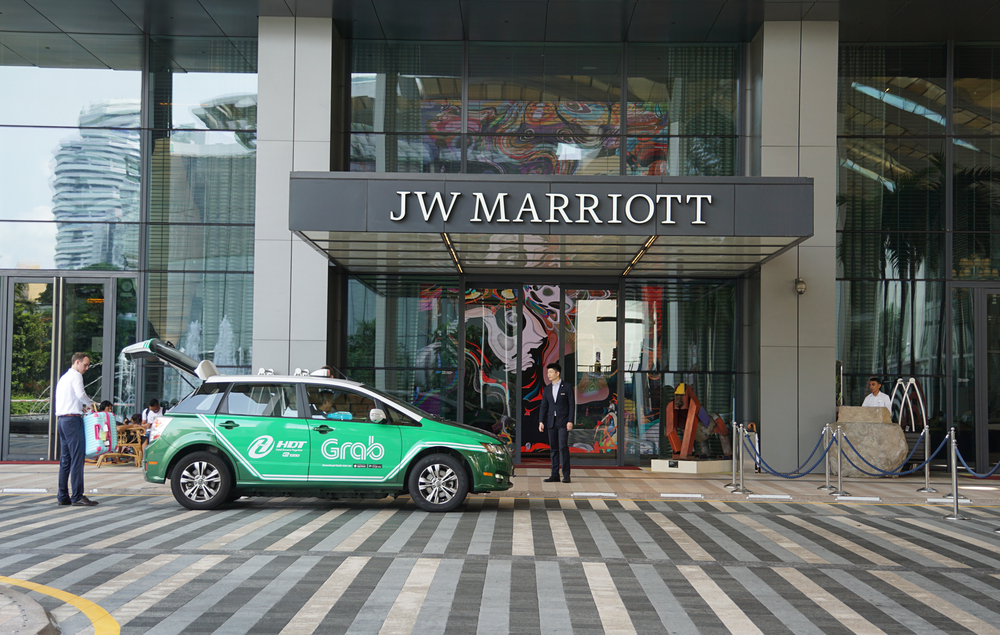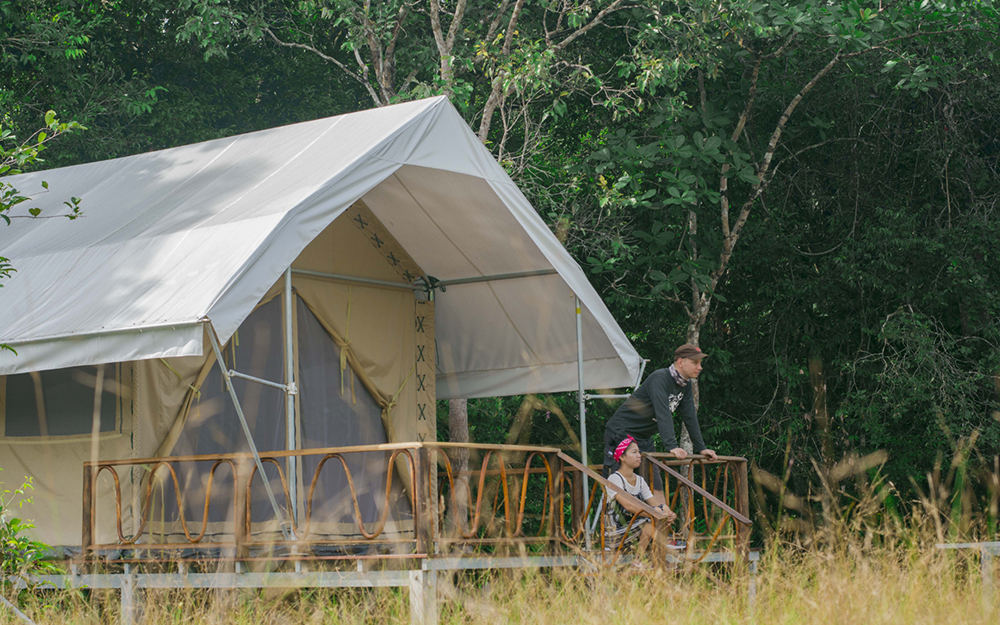
Many short-term leisure travellers would hardly consider staying at Botum Sakor National Park, located on the biodiverse Cardamom mountains of southwest Cambodia. But a conservation-friendly adventure getaway within the 171,250 ha (1,712.5 sq km) area, Cardamom Tented Camp, keeps it top of mind and protected.
Three entities – The Minor Group, YAANA Ventures and Wildlife Alliance – operate the luxury ecotourism camp through the Eco-Tourism and Conservation Concession grant of the Government of Cambodia. YAANA empowers, enhances and expands entrepreneurial travel and hospitality businesses across Asia by conceptualising traveller experiences that champion environmental safekeeping and cultural connection, which means that the camp’s immersive programme puts into synthesis the Wildlife Alliance’s efforts on biodiversity rescue and conservation with Minor’s advocacies of global interconnectivity and innovative hospitality.
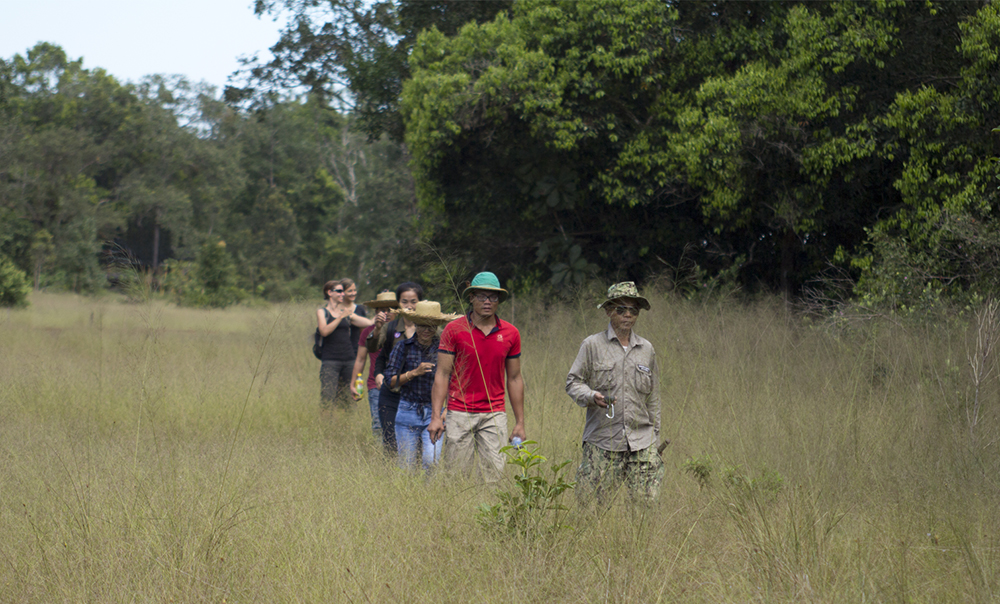
Occupying 18,073 ha of protected land, Cardamom Tented Camp offers 3-day and 4-day tours for explorers keen to take part in conservation work through collaboration with residents of the nearby Trapeang Rung Commune. Packages include ranger-guided hikes and field trips into the lowland evergreen rainforest. Guests are taught how to track animals, inspect confiscated weapons, set up and evaluate camera traps, as well as monitor and evaluate the park’s natural resources. While the shade provided by Tenasserim pine trees make for a pleasant hike to and fro, guests also have the option of kayaking back to the tented camp through the mangrove-lined Preak Tachan river.
Large Indian civets, Indochinese tigers, Tenasserim white-bellied rats, Sumatran serows, Sunda pangolins, Siamese crocodiles, royal turtles, Cnemaspis geckos, smooth-coated otters, Siamese partridges, Lewis’ silver pheasants, green peafowl, blue-tailed bee-eaters, Stork-billed and white-throated kingfishers, Irrawaddy and humpback dolphins are some of the natives that visitors can meet during their stay.
A pleasant stay for all life
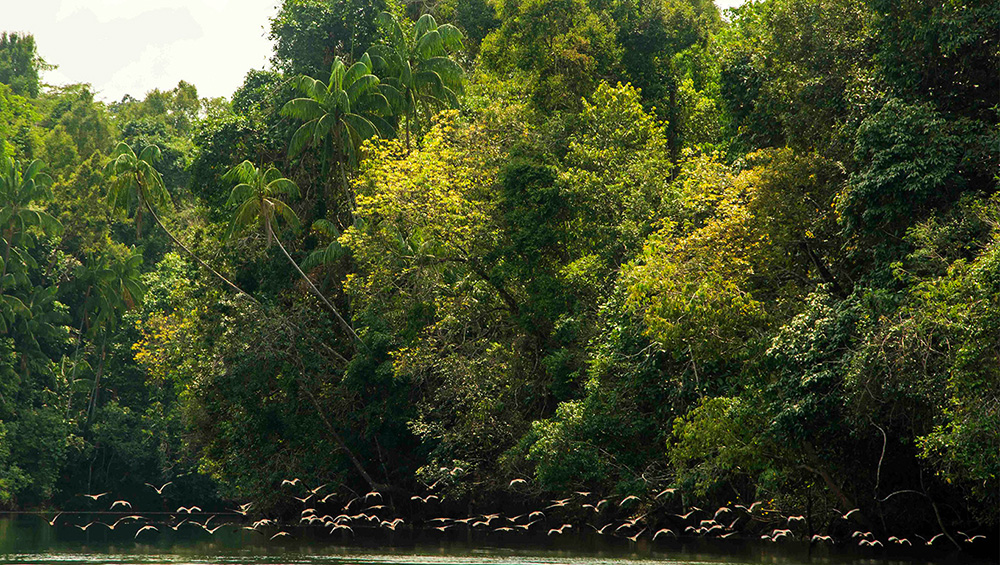
The ecotourism camp utilises technology and existing resources to provide basic comforts while minimising the human footprint on the natural world. All camp structures, built using either reclaimed or fast-growing materials with the help of local communities, incorporate the native environment without clearing space for construction. Its nine safari-style boutique tents are built with ambient lighting, mosquito protection, and private bathrooms with rain showers and hot water; all tents contain electric fans as well as bamboo and rattan furniture.
The eco-camp makes use of fresh water sourcing and natural wetland filter facilities to handle and treat water from the nearby Preak Tachan river. It runs on electricity produced by an 8.58 kWp hybrid solar photovoltaic system with an 800Ah/48V battery bank, which provides three days’ worth of electrical power in a low sun insolation month, although it also operates a low consumption engine-generator a few times a year.
To keep it running, a percentage of Cardamom Tented Camp’s revenues go directly to Wildlife Alliance and its efforts against logging, sand dredging, land-grabbing, poaching, mining and wildlife trafficking operations. The organisation also protects the Asian elephant population with the help of the Golden Triangle Asian Elephant Foundation, an initiative of The Minor Group. In the interest of safety for both visitors and native populations, guests are requested not to bring pets as well as children below the age of seven years.
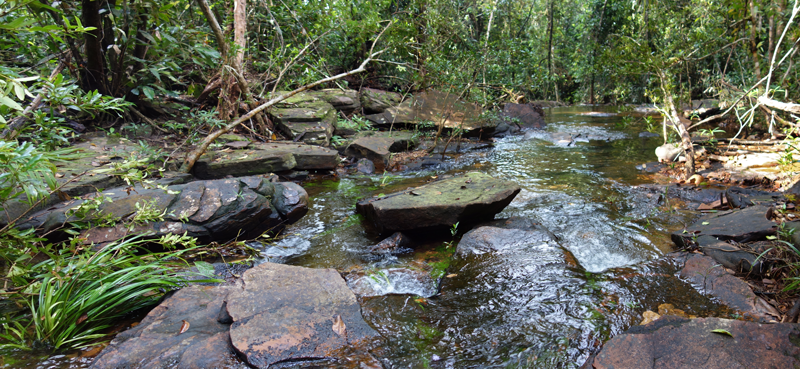
“Cardamom Tented Camp helps keep the forest standing,” explained Willem Niemeijer, CEO of YAANA Ventures, the sustainable tourism company invited to create the eco-camp. “We can’t take the forest’s survival for granted. Each visitor helps us show the world that well-managed ecotourism is a viable alternative to logging and hunting. The combined expertise of the stakeholders makes this a uniquely qualified project.”
“When we tell guests ‘your stay keeps the forest standing,’ we mean it 100%,” added John Roberts, group director of sustainability and conservation for Minor Group. “The wildlife is slowly coming back after decades of unhindered poaching. We have Asiatic wild dogs, clouded leopards, mouse deer, sun bears, hog badgers, pileated gibbons, macaques, elephants and more.”

